OVERVIEW OF SCRIPTURE
The Bible was written over a period of 1,600 years by more than 40 writers from all walks of life. Some were fishermen; some were politicians. Others were generals or kings, shepherds, or historians. They were from three different continents and wrote in three different languages. They wrote on hundreds of controversial subjects yet they wrote with agreement and harmony. They wrote in dungeons, in temples, on beaches, and on hillsides, during peacetime and war. Yet their words sound like they came from the same source.
As a follower of Jesus, we believe we are called to be biblically obedient people reading, understanding, and practicing the teachings found in Scripture. Our life should be directed by God’s Word, and wherever we are not in alignment with the Bible, we should be open to correction and change in our lives. There are many authorities in our lives, but we believe God’s Word should be the highest.
Scripture says…
“For the word of God is living and active, sharper than any two-edged sword, piercing to the division of soul and of spirit, of joints and of marrow, and discerning the thoughts and intentions of the heart. And no creature is hidden from his sight, but all are naked and exposed to the eyes of him to whom we must give account.” (Hebrews 4:12–13,)
“For Ezra had set his heart to study the Law of the Lord, and to do it and to teach his statutes and rules in Israel.” (Ezra 7:10)
“Do your best to present yourself to God as one approved, a worker who has no need to be ashamed, rightly handling the word of truth.” (2 Timothy 2:15)
-
Knowledge Acquisition: Studying is the primary way to acquire new information and knowledge in various subjects.
Skill Development: It helps in developing a wide range of skills, including critical thinking, problem-solving, and communication skills.
Personal Growth: Through study, individuals can explore new ideas and perspectives, fostering personal growth and development.
Career Advancement: Education and continuous learning through study often lead to better career opportunities and professional advancement.
Confidence Building: Understanding a subject through study builds confidence, enabling individuals to tackle challenges more effectively.
Adaptability: Studying equips people with the ability to adapt to new situations and changes, both in personal and professional environments.
Decision-Making Skills: It enhances decision-making skills by providing a foundation of knowledge and the ability to weigh different options.
Global Awareness: Study exposes individuals to a broader understanding of the world, fostering global and cultural awareness.
Problem Solving: Regular study hones problem-solving skills, allowing individuals to approach challenges with analytical and innovative solutions.
Lifelong Learning: Cultivating a habit of study encourages a mindset of lifelong learning, essential in a rapidly evolving world.
Ways to study the Bible | The Inductive Bible Study
Read the passage of scripture and OBSERVE what the text is saying.
Look for themes, reoccurring words, lists, contrasts (light/dark or pride/humble), comparisons, etc
What doesn't make sense in this passage? What questions do you have?
Answer the questions of Who, What, When, Where, Why, and How.
Put yourself in the story. What would it be like to be Bartimaeus? The crowd? The disciples?
Read the passage again now seeking to INTERPRET what the text might mean.
What comes before your text? What comes after?
What is the cultural context? What is the historical setting? What was going on during that time?
Use ‘Tools for Bible Study’ in the next lessons to help with this process.
Read the passage a third time to discern how the text might APPLY to my life today.
D. L. Moody said, “The Bible was not given to increase our knowledge but to change our lives.” The intentional application of the Scripture to our lives is the ultimate goal of study.
How does the meaning of this passage apply to me?
What truths am I to embrace, believe, or order my life by?
What changes should I make in my beliefs/life?

